
A documentary about World War I with never-before-seen footage to commemorate the centennial of Armistice Day, and the end of the war.
You May Also Like
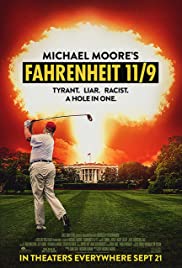
Michael Moore’s provocative documentary explores the two most important questions of the Trump Era: How the fuck did we get here, and how the fuck do we get out?
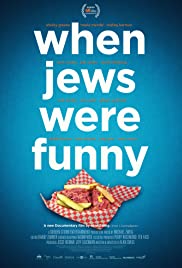
From the 1930’s to the 1970’s, pretty well every comedian or comic you might see on TV or the movies was Jewish. Jews came to dominate the world of western‐society comedy on radio, stage and screen alike.Why did Jews dominate comedy in this period? And why did that domination end? Were Jews just funnier back then? And if so, did that extend to your average Jew on the street? In this 90 minute documentary acclaimed director Alan Zweig will examine these questions and many others in this exploration of 20th century humour, cultural decay, and a search for a missing heritage.

Cast and crew discuss the 1973 film The Wicker Man, directed by Robin Hardy.
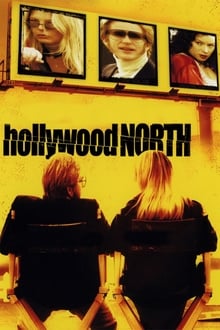
The making of a serious, Canadian art house film descends into Hollywood farce when its producer is forced to compromise his vision to accommodate his drug-addled star, his leading lady and his venal backers.

It is based on upon the memoir Mémoires d’un agent secret de la France libre et La Ligne de démarcation by Gilbert Renault under his pseudonym Colonel Rémy. A small village in the Jura is split by the river Loue which creates the line of demarcation between Nazi occupied France and freedom. A French officer, Pierre, is released by the Nazi soldiers to find his chateau converted into a German command centre. Whilst he is obliged to co-operate with the enemy, his wife Mary supports the resistance movement and is willing to risk her life for it. The Nazis step up their activity against the resistance, insisting that any who attempt to cross the line of demarcation will be shot. When his wife is arrested, Pierre decides to switch his allegiance.
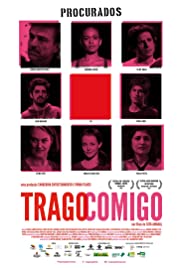
Telmo is a retired theater director that realizes he doesn’t remember the time he spent kept in jail during the military dictatorship in Brazil. He decides to stage a play and, with threads of memory, he improvises the lines with his young cast. Telmo dives into his own history and ends up revealing for himself what, being so painful, he’d rather forget.

She’s chic, slim and sexy like Brigitte Bardot. She’s French. But she’s not all French women, right?
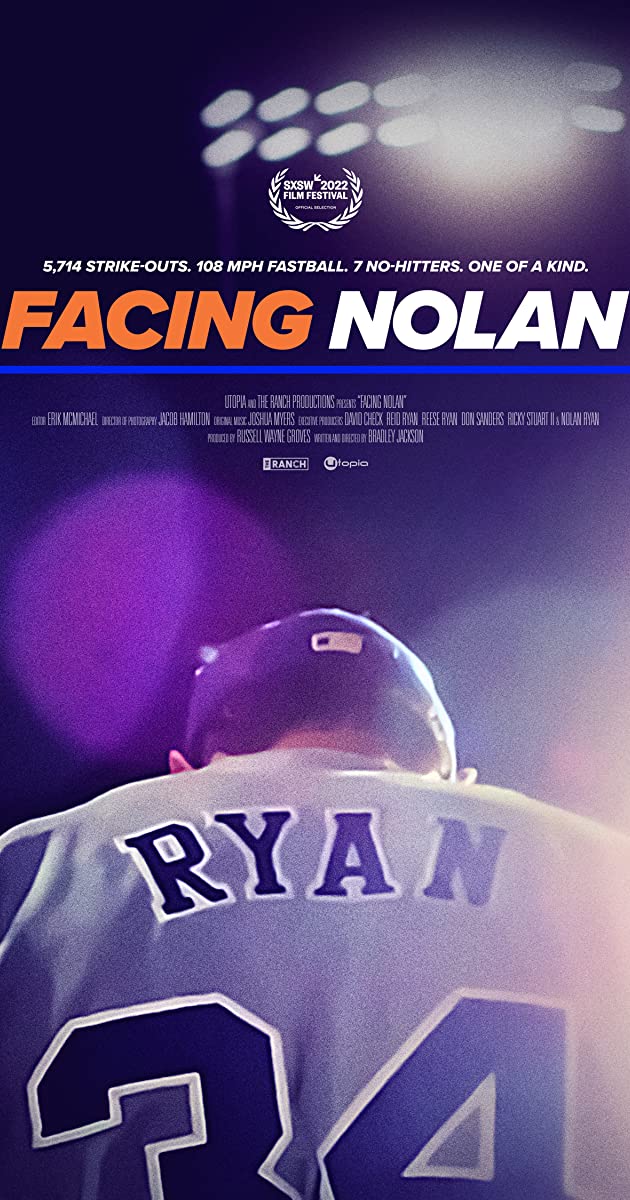
In the world of Major League Baseball no one has created a mythology like Nolan Ryan. Told from the point of view of the hitters who faced him and the teammates who revered him, Facing Nolan is the definitive documentary of a Texas legend.
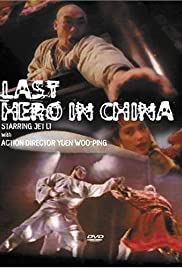
Jet Li stars in this comic spectacle as a Chinese “Robin Hood” who stumbles upon a kidnapping scheme after unwittingly opening a martial arts school next to a brothel!

Abigail Disney looks at America’s dysfunctional and unequal economy and asks why the American Dream has worked for the wealthy, yet is a nightmare for people born with less. As a way to imagine a more equitable future, Disney uses her family’s story to explore how this systemic injustice took hold.

The High Frontier: The Untold Story of Gerard K. O’Neill tells the untold story of the life and influence of the late physicist and space colony pioneer Dr. Gerard K. O’Neill. In 1977, O’Neill wrote the book The High Frontier: Human Colonies in Space, which sparked an enormous grassroots movement to build Earth-like habitats in space in order to solve Earth’s greatest crises. The film is told through “Gerry’s Kids” as they affectionately call themselves; his peers, family, and the younger generation who followed that movement and are now leading the modern day space industry.
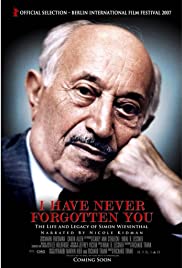
“I Have Never Forgotten You” is a comprehensive look at the life and legacy of Simon Wiesenthal, the famed Nazi hunter and humanitarian. Narrated by Academy Award winning actress Nicole Kidman, it features interviews with longtime Wiesenthal associates, government leaders from around the world, friends and family members–many of whom have never discussed the legendary Nazi hunter and humanitarian on camera. Previously unseen archival film and photos also highlight the film. What was the driving force behind his work? What kept him going when for years the odds were against his efforts? What is his legacy today, more than 60 years after the end of World War Two?